The ICRF Grant Process
SCIENTIFIC REVIEW PANEL
Israeli cancer researchers and scientists seeking ICRF grants fill out a detailed application form and submit it to ICRF’s Scientific Review Panel comprised of eminent physicians and cancer researchers from across the U.S. and Canada. These applicants are among Israel’s foremost scientists, as well the country’s most promising younger ones.
The panel, through its annual rigorous “Peer Review” process, suggests which applicants show the greatest potential and therefore merit the coveted ICRF awards. Panel members, who volunteer their time, meet annually to review all of the detailed grant applications submitted to ICRF. All panel members are asked to serve for a three-year term and are then rotated off, in order to keep perspectives objective and fresh.
The applications are similar to those used by the U.S. National Institutes of Health (NIH). They require a description of the proposed research project, including research methods and objectives; the curriculum vitae and publication list of the principal investigator and key collaborators; a description of the applicant’s scientific achievements; a description of the laboratory and of its existing or pending support, and references.
The review process is also modeled after that of the NIH, and strict guidelines are followed to ensure fairness and impartiality. All applications are assigned primary and secondary reviewers from among the panel members. Each member reviews a number of applications in his or her specialty to determine which ones are the most deserving of ICRF funding. After this independent review of the applications, the Scientific Review Panel meets to discuss the proposals and come to an overall rating of each. All reviewers are required to submit a written evaluation for all applications assigned to them, containing the following elements: summary of the project, originality, importance, qualifications of the applicant, facilities, budget, and critique and recommendations. Each reviewer presents his or her critique to the entire panel for review and discussion at the annual Scientific Review Panel meeting. Based upon the ensuing discussion, priority scores are then determined.
Criteria for selection are the scientific merit of the project, demonstrated ability of the researcher and suitability of the institution.
ICRF’s Scientific Review Panel is open to imaginative new approaches, and will often take a risk on a beginning researcher, which larger organizations often do not. At the same time, the panel is careful to provide senior investigators with the long-term support that they need to make scientific breakthroughs that may require years to achieve.
The panel also reviews current grants. Funding is continued only if the required progress reports are determined to be satisfactory.
During the maximum three-year period, selected researchers are expected to produce original scientific research that is publishable in peer-reviewed journals. They are also expected to attend and present their findings at international conferences. This exposure creates connections, increases awareness of Israeli scientists and allows for future collaborative work.
The selection process is difficult and arduous, because most, if not all, of the research projects that come before the panel show great potential and are highly meritorious. Regrettably, ICRF does not have sufficient resources to award grants to all of the proposals that are worthy.

